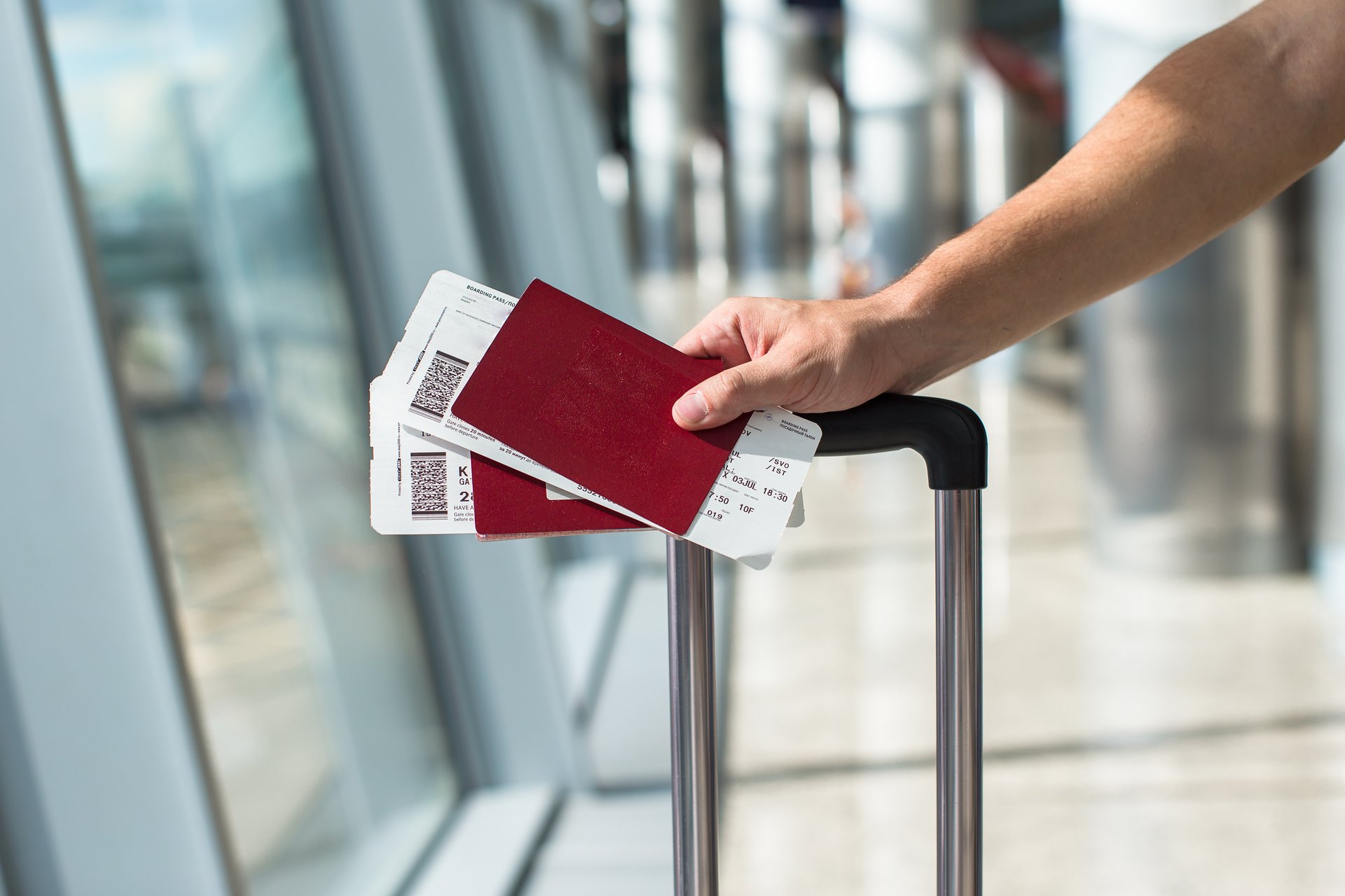
I shred every scrap of paper with any personally identifying information, even boarding passes. Some folks might consider it extreme, but I feel vindicated by recent headlines.
Hackers, scammers and other fraudsters can glean more personal information than you might think from a boarding pass.
You must destroy old boarding passes to protect sensitive information and prevent falling prey to identity theft. In addition, you must also be mindful not to take and share photos of boarding passes. In other words, don’t boast about travels by posting photos of passes to social media networks.
Michael Bruemmer, vice president of consumer protection for the national credit reporting agency Experian, explained the importance of this preventative measure in a Forbes report earlier this year:
“A quick search for [the hash tag] #boardingpass on Instagram shows tens of thousands of posts revealing boarding passes… over-sharing makes travelers more vulnerable to identity theft.”
With basic information from your boarding pass — such as your booking number — Bruemmer says a hacker could gain access to a lot more information about you, including:
- Your seat number
- Your frequent flyer details
- The fare you paid
- The last four digits of the credit card number you used to buy the ticket
While it might be news to you, fraudsters’ interest in boarding passes is not new. Cybersecurity journalist Brian Krebs, who runs the blog Krebs on Security, warned nearly two years ago that boarding pass barcodes can reveal a wealth of personal information. The blog post begins:
“The next time you’re thinking of throwing away a used boarding pass with a barcode on it, consider tossing the boarding pass into a document shredder instead. Two-dimensional barcodes and QR codes can hold a great deal of information, and the codes printed on airline boarding passes may allow someone to discover more about you, your future travel plans, and your frequent flyer account.”
The internet has made it easy to decipher boarding passes, such as by using Inlite Research’s Free Online Barcode Reader or by looking up the standards for boarding pass barcodes.
The latter can be found on the website of the trade group International Air Transport Association, for example. Krebs reported that these standards have been “widely available” for years.
What do you make of this news? Sound off below or over on our Facebook page.




Add a Comment
Our Policy: We welcome relevant and respectful comments in order to foster healthy and informative discussions. All other comments may be removed. Comments with links are automatically held for moderation.